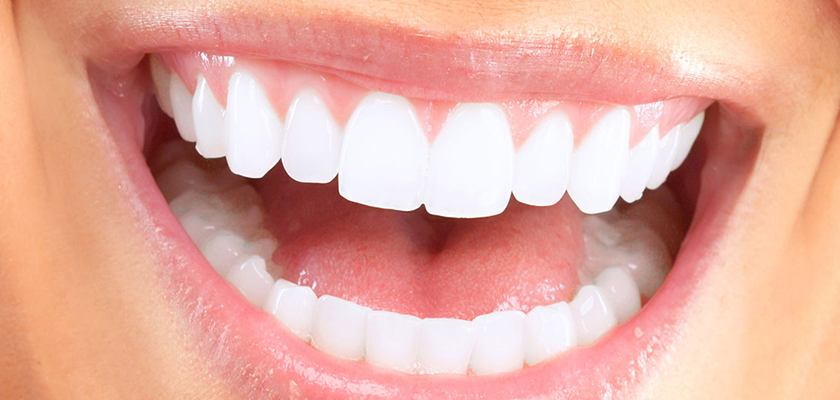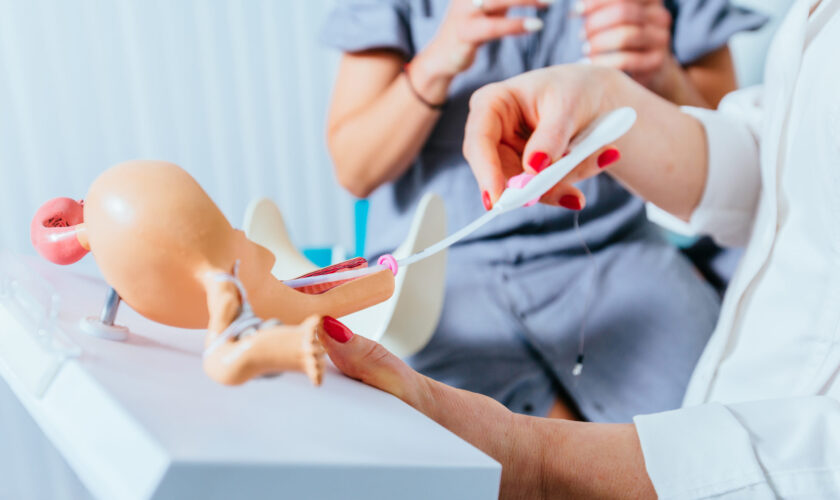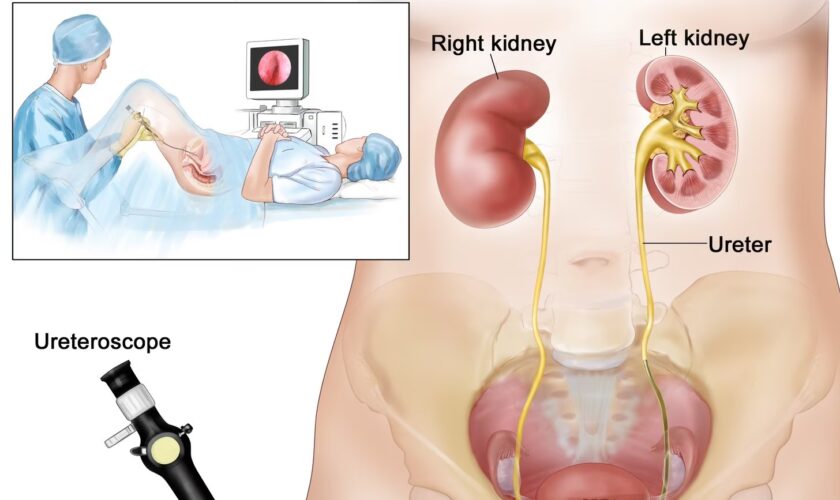Did you know that the nose can make or break your facial beauty and physical attractiveness? Because the nose is smack at the centre of the face, it plays an important role in balancing the other features of the face. A nose that is too large or crooked can cause asymmetry and draw too much attention to itself rather than the whole of the face instead. That is why a lot of people no longer shy away from getting a nose job—especially now that non-surgical rhinoplasty in Singapore has become more accessible and affordable.
If you have been thinking about giving yourself a facial upgrade and have been looking into improving your nose, then you have come to the right place. This article will help you decide whether non-surgical rhinoplasty is right for you by listing down the different pros and cons of getting this procedure. Read on.
What is non-surgical rhinoplasty?
Non-surgical rhinoplasty, or liquid rhinoplasty, is an aesthetic procedure that uses dermal fillers to alter the height or shape of the nose. This procedure is best for those who do not want to undergo the traditional way of getting a nose job, which involves undergoing the knife.
What are the pros of non-surgical rhinoplasty?
Non-surgical rhinoplasty has numerous pros:
1 Non-surgical rhinoplasty is a quick procedure.
This aesthetic procedure is considered a “lunch time” treatment as it can be done within an hour. You can easily include it in your schedule without having to worry about carving a huge amount of time in your day to complete it.
2 Non-surgical rhinoplasty has no down time.
For a lot of people, time is of the essence. Non-surgical procedures have been gaining a lot of following lately because, as mentioned earlier, these treatments are quick. In addition to this, procedures like non-surgical rhinoplasty do not require any down time. Unlike surgical rhinoplasty that will require some weeks away from physical activities in order to rest and recover, non-surgical rhinoplasty allows you to immediately return to your normal routine as soon as you step out of your doctor’s clinic with your new and improved schnoz.
3 Non-surgical rhinoplasty does not use anesthesia.
Some people are allergic to anaesthesia, hence undergoing surgeries can be risky for them. Good news! There is no need to use anaesthesia when getting non-surgical rhinoplasty, so the chances of getting an adverse reaction during this procedure is minimal. To keep patients comfortable and not feel the sting of the needle as the dermal filler is injected into the nose, a topical numbing cream is applied to the treatment area.
4 Non-surgical rhinoplasty delivers immediate results.
Once your procedure is completed, you won’t have to go through the unsightly process of being wrapped in bandages as done with traditional rhinoplasty while a patient waits for their nose to heal. With non-surgical rhinoplasty, all it takes is a few injections of dermal fillers, some gentle moulding of the nose into your desired outcome, and after about an hour you can immediately see and enjoy the results of your procedure.
5 Non-surgical rhinoplasty’s results can be changed or reversed.
There are times when the results of a nose job does not turn out exactly the way it should be. When done in the traditional setting through surgery, undoing the results can be really challenging and costly as you will need to undergo another surgical procedure to alter your nose’s features. However, with non-surgical rhinoplasty that particularly use dermal fillers made up of hyaluronic acid, your chances of being able to make changes or reversing the procedure can be done with the use of Hyaluronidase, an enzyme that is used to dissolve hyaluronic acid.
6 Non-surgical rhinoplasty is more affordable than surgical nose job.
The cost of a procedure is one of the main considerations of a lot of patients who want to invest in their aesthetic beauty. Surgeries are obviously very expensive as there are multiple expenses involved, such as doctor’s fees and succeeding consultation fees, nature of the procedure, location of where the surgery is done, anaesthesia fees, and, in some cases, hospital stay. As for non-surgical rhinoplasty, you will only consider your doctor’s consultation fee, the average procedure fee for each session needed, and the cost of the dermal filler to be used for your treatment.
7 Non-surgical rhinoplasty has lesser risks and complications.
Aside from costs, another factor that patients look into prior to committing to an aesthetic procedure are the risks and complications involved during the treatment. Because there is no need for incisions and stitches in non-surgical rhinoplasty, the probability of experiencing bruising, infections, pain, and swelling are minor.
8 Non-surgical rhinoplasty is generally safe.
Hyaluronic acid is a substance that is produced naturally by the body. While the hyaluronic acid in dermal fillers are synthetic, the body is familiar with its composition making it safe to be injected into the skin.
What are the cons of non-surgical rhinoplasty?
Of course, non-surgical rhinoplasty is not a perfect procedure—it does have its downside. Here are the cons of this treatment:
1 Non-surgical rhinoplasty results are temporary.
Hyaluronic acid is not permanent and dissolves over time. Hence, the results of your non-surgical rhinoplasty may last anywhere between 6 to 12 months. It is important to note that If you are looking for permanent results, then getting a nose job through surgery will be the best choice.
2 Non-surgical rhinoplasty may cause blindness or skin necrosis although rarely.
The doctor’s skill and experience of injecting dermal fillers safely is crucial for non-surgical rhinoplasty as any wrong placement of the substance can cause you to go blind or develop skin necrosis.
3 Non-surgical rhinoplasty’s results are less dramatic than traditional nose job’s results.
Unfortunately, non-surgical rhinoplasty cannot address all aesthetic concerns of the nose. It won’t be able to reduce the size of a large nose or straighten a nose tip that is drooping heavily.
Where can you get non-surgical rhinoplasty in Singapore?
Non-surgical rhinoplasty in Singapore is offered at Edwin Lim Medical Aesthetic Clinic. If you want to achieve your desired nose and get your money’s worth, book your appointment today.
—
Edwin Lim Medical Aesthetic Clinic
East Clinic
#02—12/13 Changi City Point Shopping Mall
Orchard Clinic (By appointment only)
#05-51 Lucky Plaza, Orchard Medical Specialists Centre
Phone: +65 69042218
Whatsapp: +65 96372218









